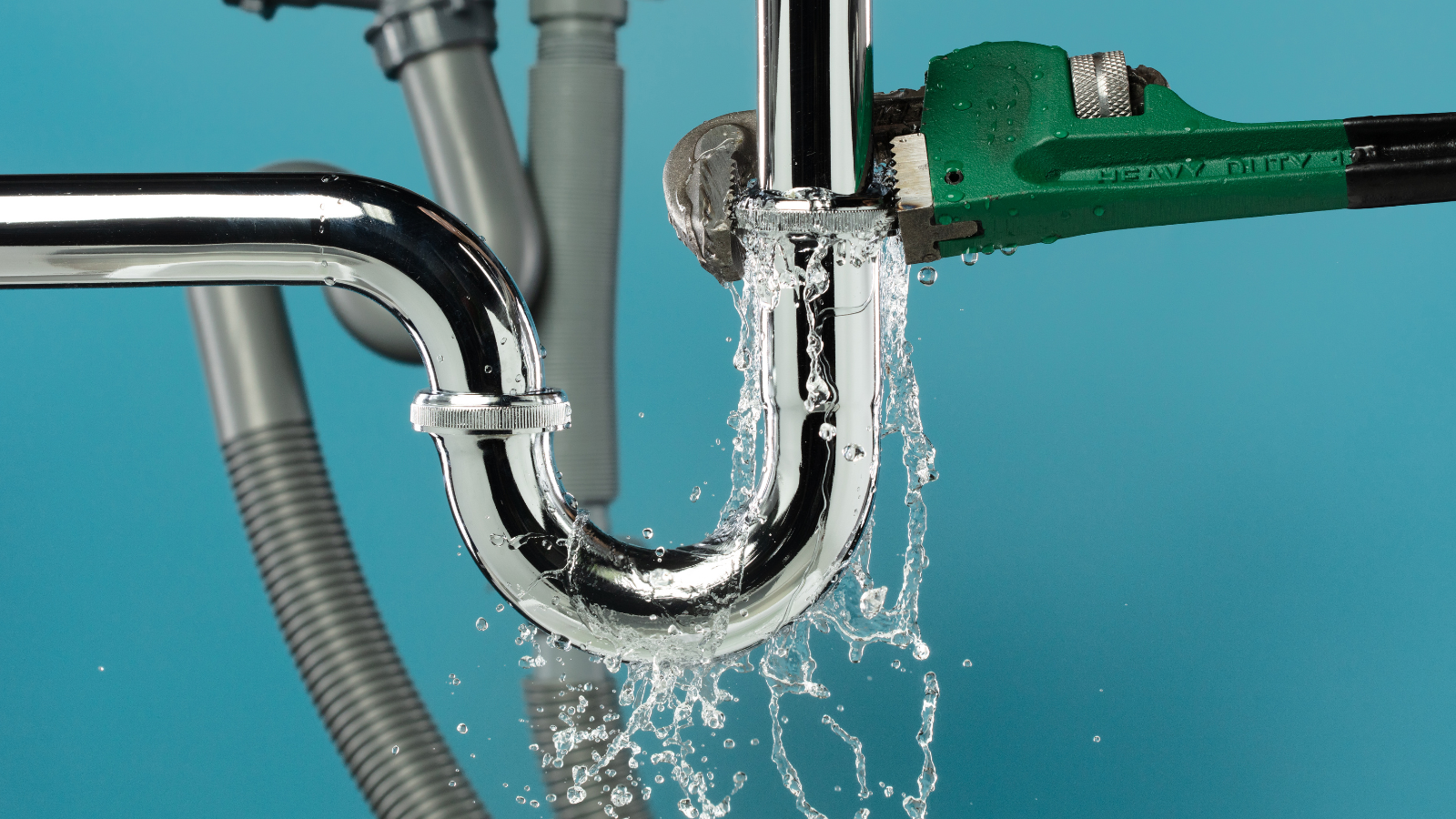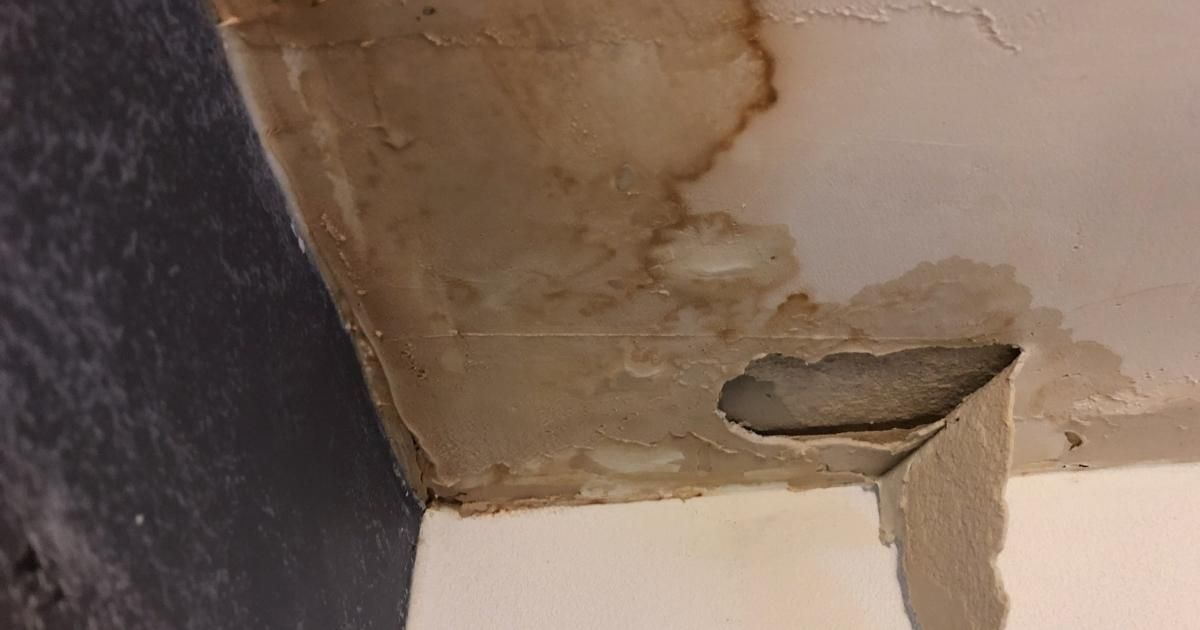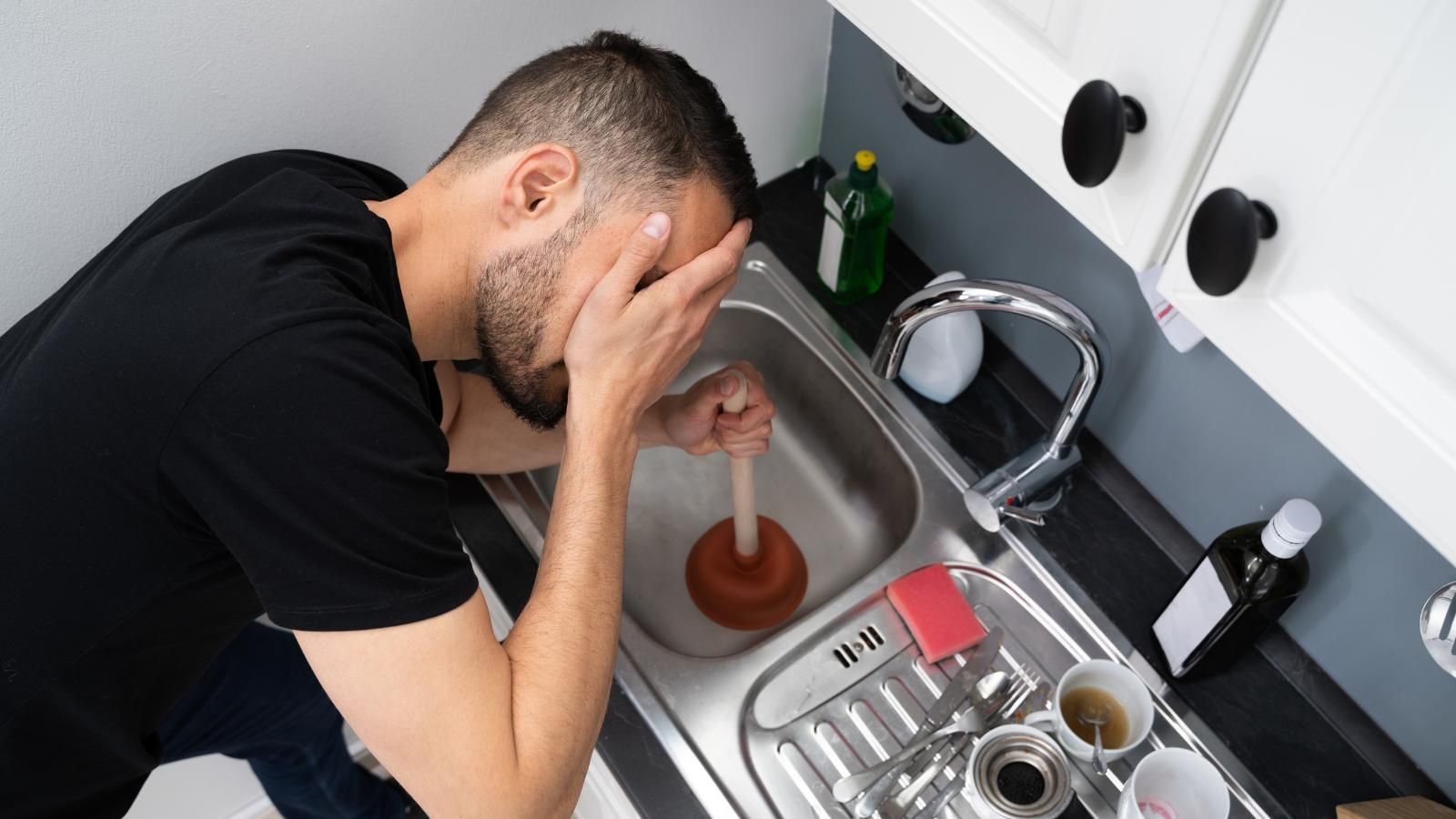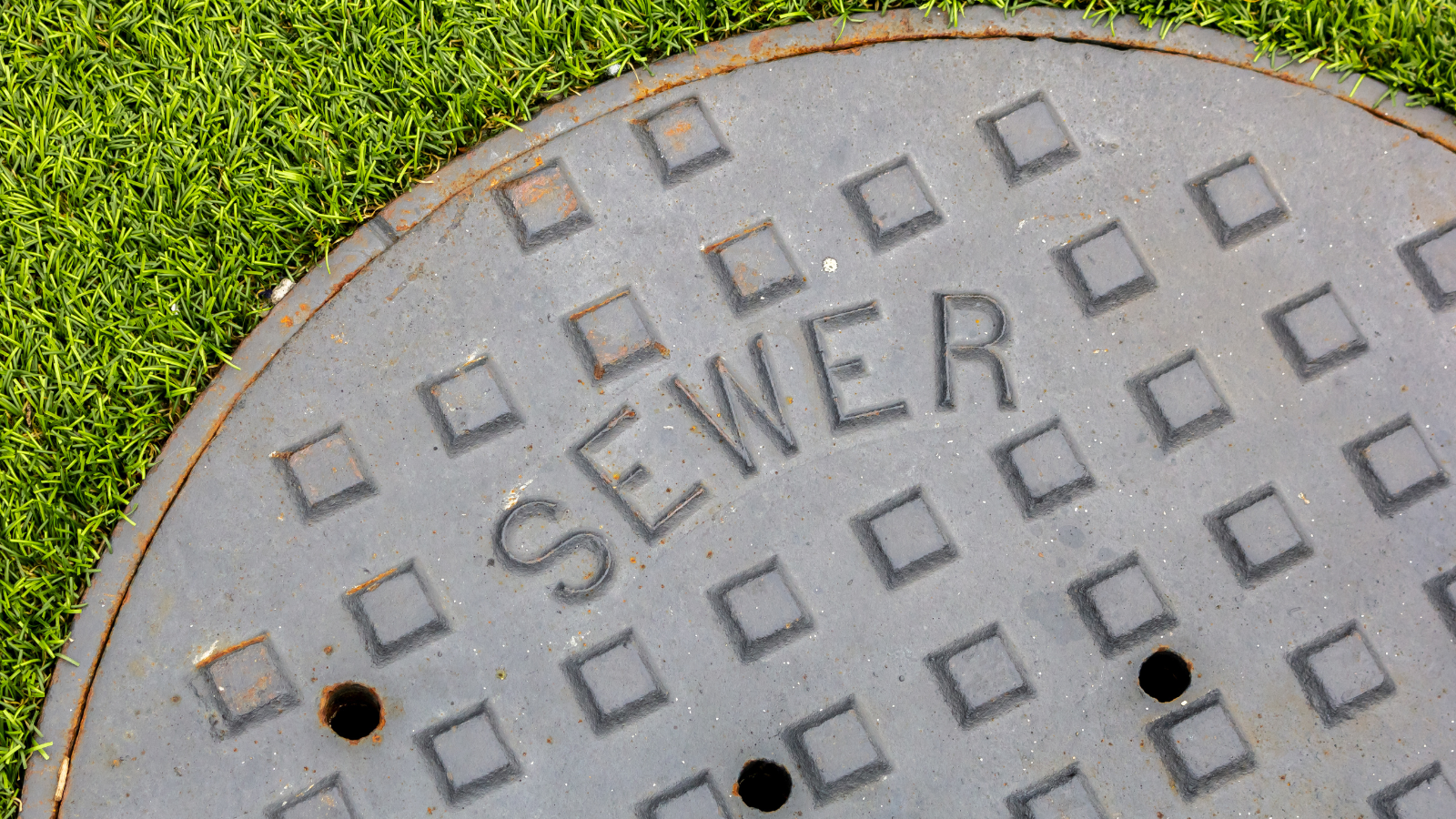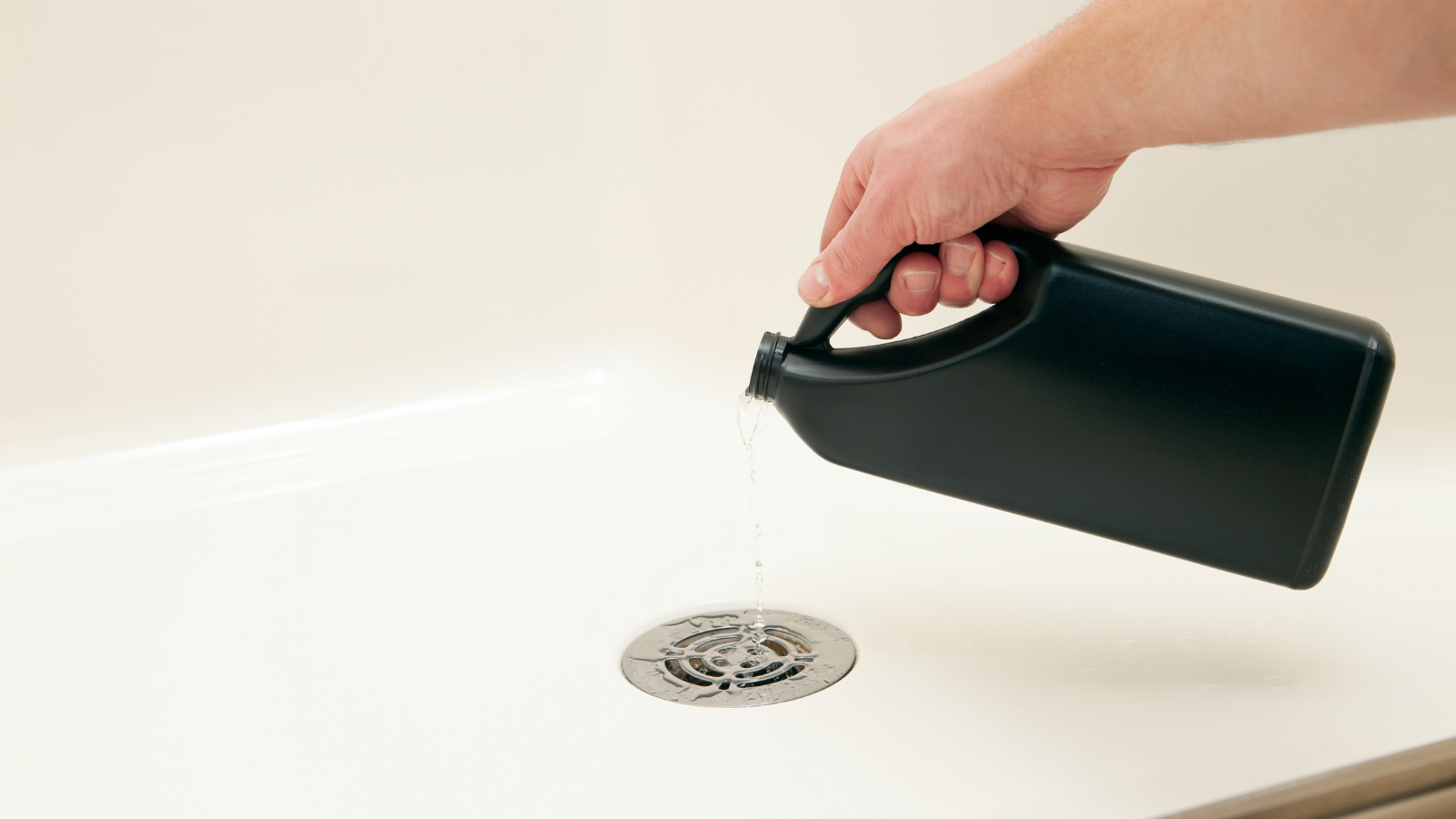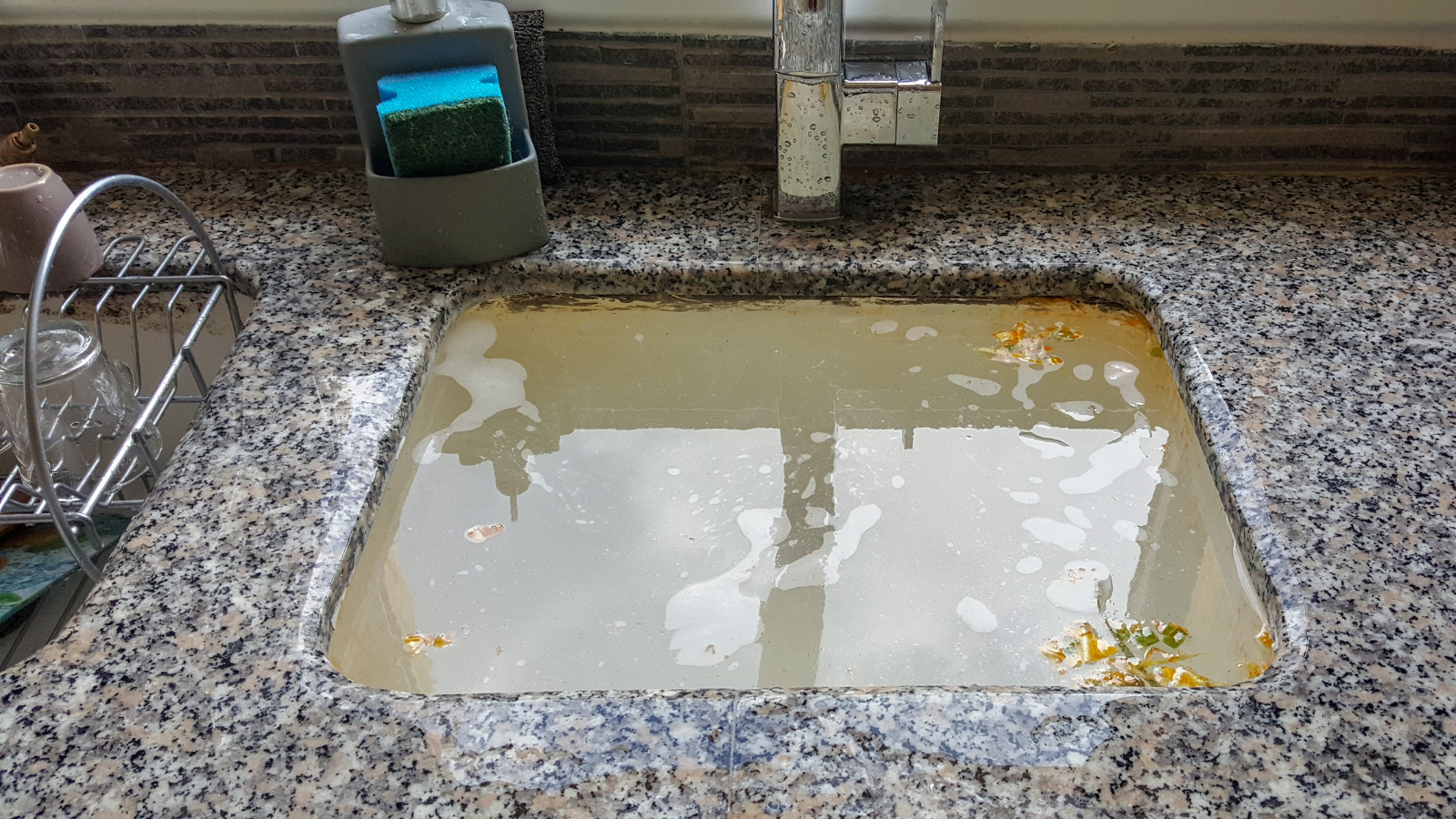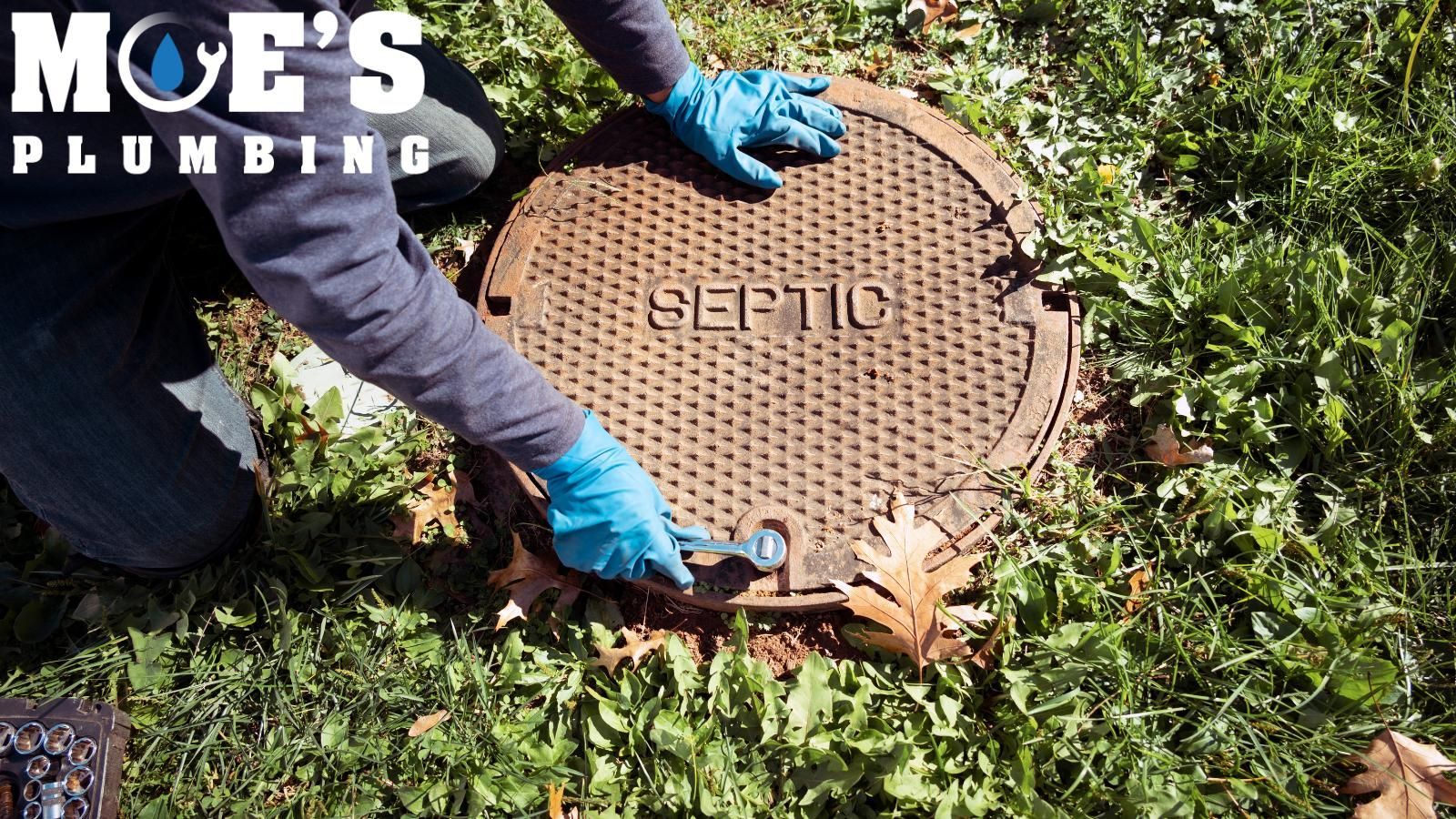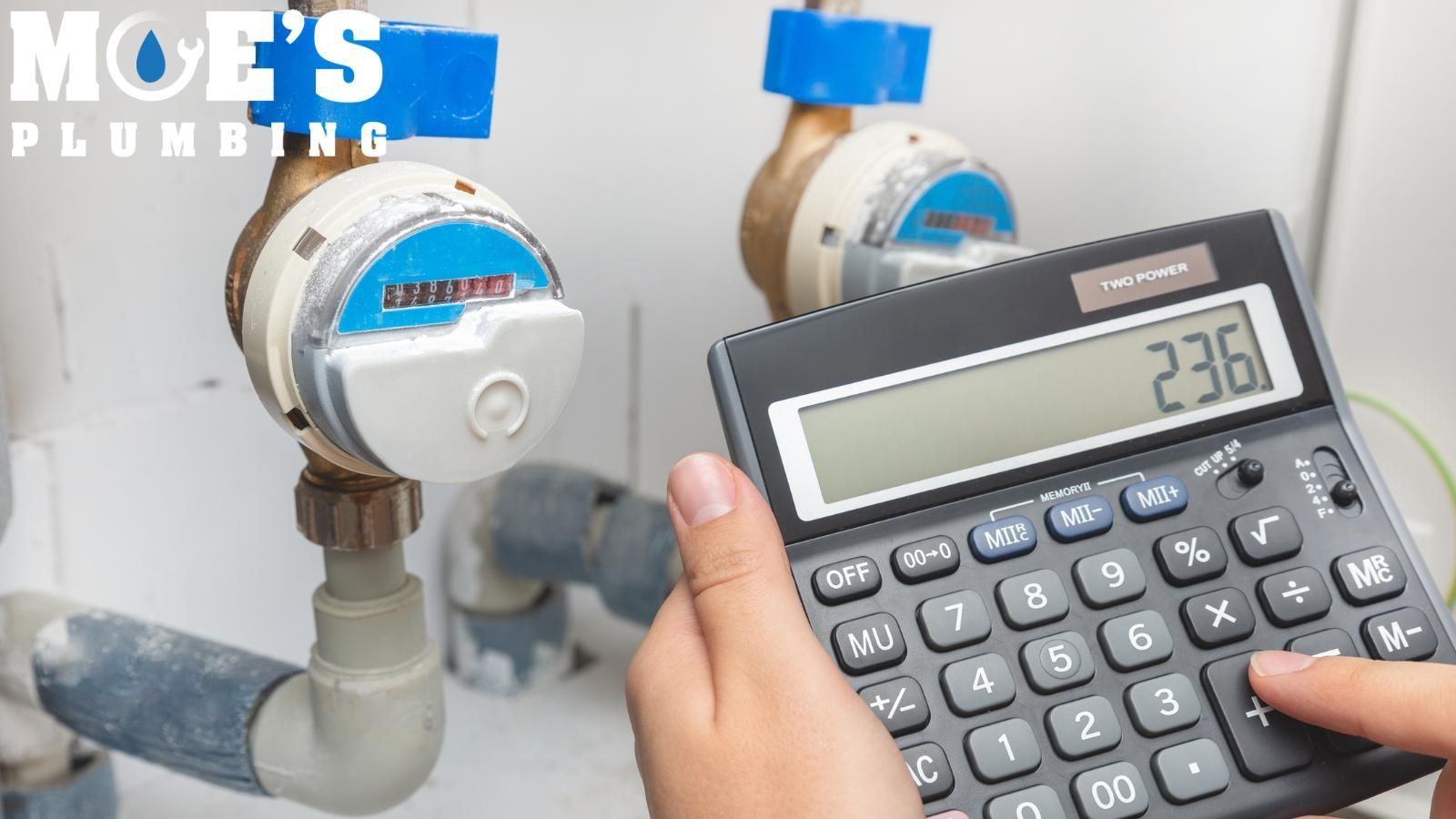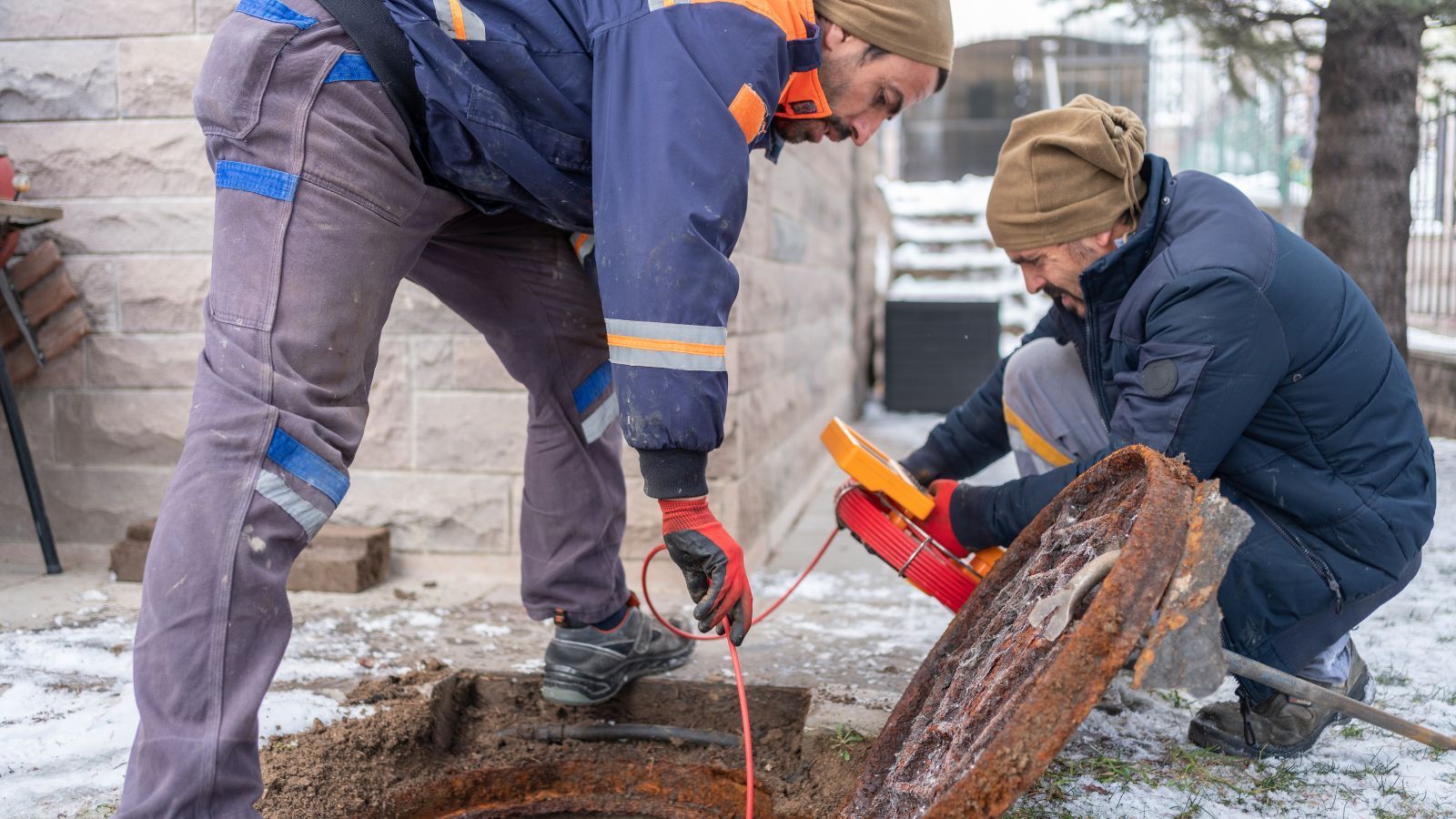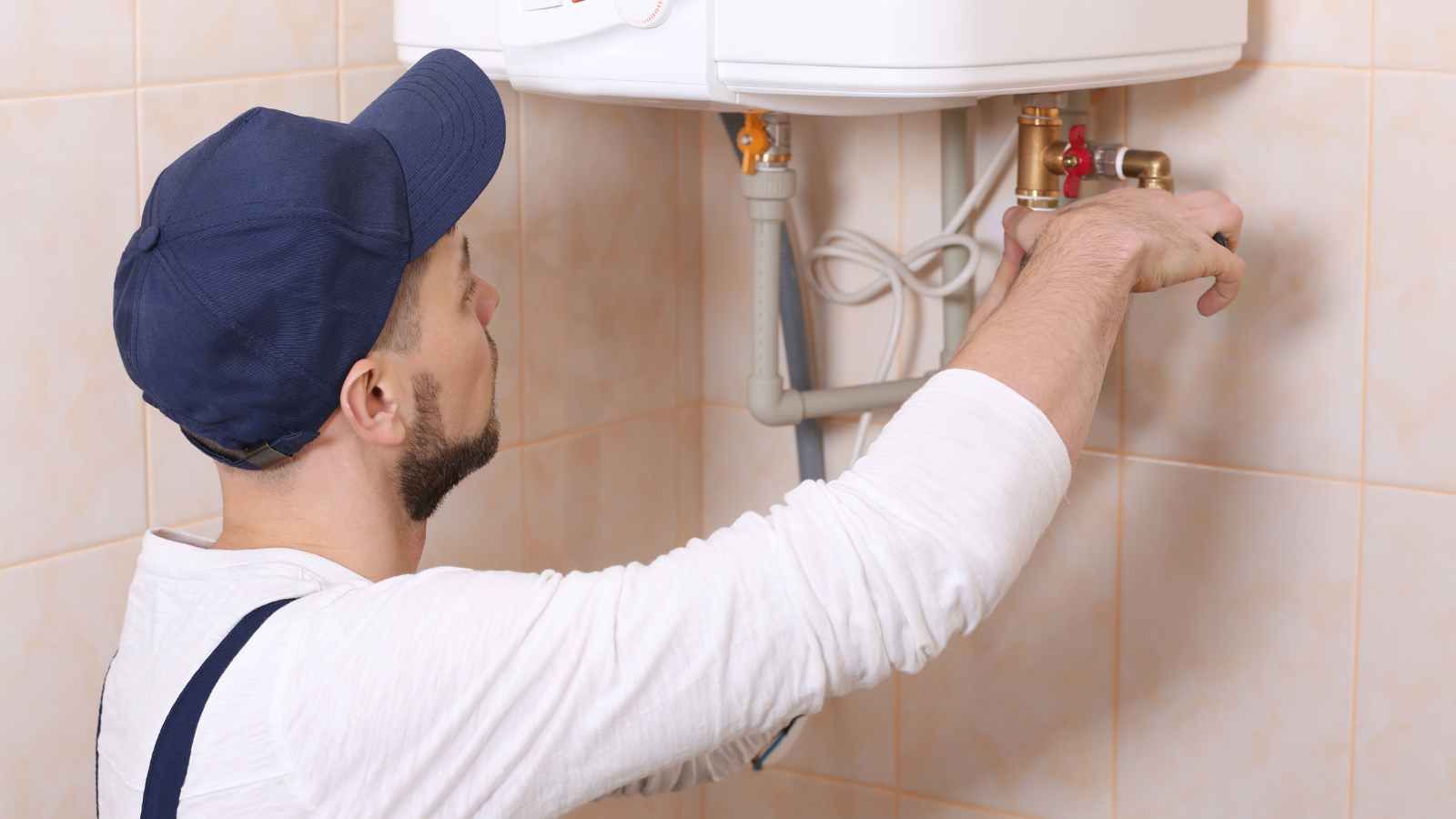Sniffing Out Danger: A Step-by-Step Guide on How to Detect a Gas Leak
Keeping an eye (or nose) out for a gas leak is essential for keeping our homes safe. After all, a little leak can lead to big problems, like fires, explosions, or even health issues when we breathe in too much. Early gas leak detection can help keep everyone out of harm’s way. Natural gas has a smell added so we can easily detect it, and there are helpful gadgets you can purchase to detect signs of a gas leak before our noses can.
It’s good to know that Moe’s Plumbing shines bright for gas leak detection in Texarkana and the surrounding areas. Our experts deliver the utmost safety and dependability for gas leak detection and repair.
Let’s discuss the simple and handy tools that can make detecting gas leaks a breeze for safety precautions.
In this post we will cover:
The 5 Key Ways to Detect a Gas Leak
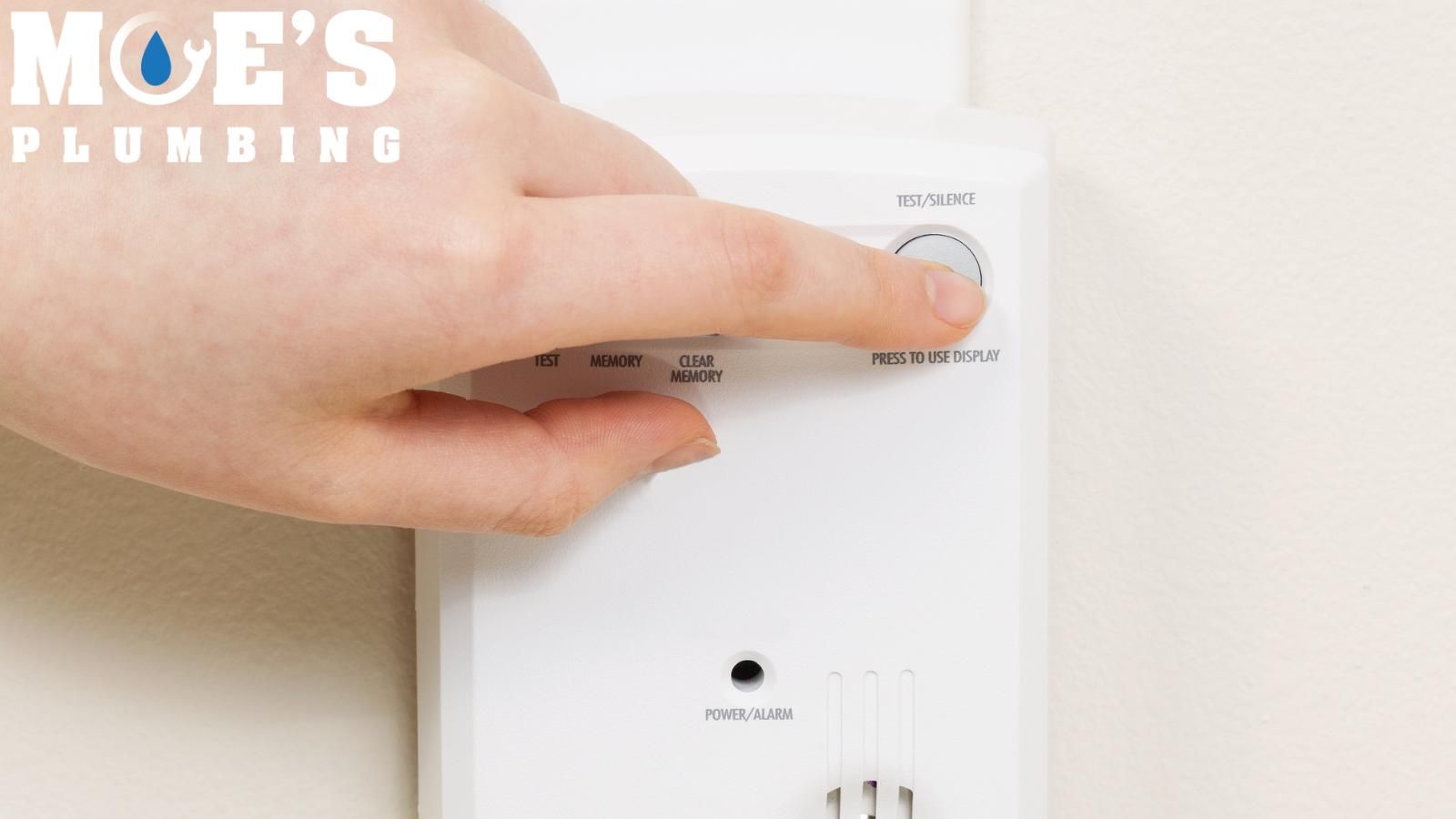
Early natural gas detection is vital for safety and can prevent potential disasters. Some signs of gas leaks are visible, and others require a sense of smell. The unpleasant smell of rotten eggs is a primary clue. Physical symptoms like dizziness, nausea, or headaches can also signal exposure to a leak. Environmental changes, including dead or dying vegetation near gas lines, can be indications that gas is escaping into the soil. Unexpected spikes in your gas bill can be another gas leak detection clue indicating wasted gas.
Odor and Visual Clues
Pure natural gas is odorless. Gas is odorized with mercaptan, a harmless chemical, to ensure safety. This rotten egg smell is noticeable even at low concentrations, serving as an immediate alert to the presence of gas. Dust or debris blown about without the presence of wind could indicate a visual gas leak in the house from a pressurized source. And if you can
visibly see an exposed pipe that appears damaged, don’t hesitate to bring in a professional.
Physical Symptoms of Exposure
Gas leak detection is a health issue. Your body will react negatively to the presence of harmful gasses. Symptoms will vary based on the type and concentration of gas, the duration of exposure, and individual's sensitivity. The following are physical symptoms associated with gas leak exposure:
- Headaches and Dizziness
- Nausea and Vomiting
- Respiratory Issues
- Eye and Throat Irritation
- Fatigue and Weakness
- Mood Changes and Irritability
- Loss of Appetite or Weight Loss
Prolonged exposure to gas leaks can lead to severe health issues, including long-term neurological damage or even death, emphasizing the importance of knowing the signs and symptoms of a gas leak.
Environmental Signs Outside
Outdoor visual clues of gas leaks are dead or dying vegetation around the underground gas pipes. If there’s a leak in the gas lines running through water-logged areas, you might see bubbles continuously rising to the water’s surface.
Unexplained Increase in Gas Bills
Symptoms from a gas leak can often be detected from high energy bills when there hasn’t been a significant change in your usage patterns or an increase in energy rates. Gas leaks can result in a continuous flow of unused gas. Wasted gas escapes into the atmosphere without detection through smell or visual clues, especially if the leak is small or in a less frequented area of your home.
Appliance Check: Stove and Burners
You may discover a visual gas leak clue from the burners on a gas stove. A normal flame is stable and blue. Symptoms of a gas leak from your burners are unstable orange or yellow flames.
Choosing the Right Gas Leak Detector
Choosing the perfect gas detector for your home is a smart move against sneaky gas leaks. Why not purchase a gas detector that protects your home from natural gas and carbon monoxide? You’ll receive an added bonus for selecting a natural gas detector with an alarm to catch your attention, a digital screen for easy reading, and one that will ping your phone when you’re out grabbing groceries. Maintain your new gas detector properly. Give it a check-up every month to make sure it’s working right. Swap out the batteries or the whole gadget as needed based on the maker's recommendation. Staying on top of this keeps your trusty gas detector in tip-top shape, ready to guard your home 24/7.
What to Do If You Suspect a Gas Leak In Your House
If you’re in Texarkana and ever catch a whiff of something odd and wonder,” Is that a gas leak?” Take the following steps:
- Sniff and Search: Does it smell like rotten eggs in your house? If it’s wafting through your home near Stat Line Avenue or anywhere from Pleasant Grove to Wake Village, trust your nose and start thinking about safety first.
- Don’t Flip the Switch: Avoid the urge to turn on lights, use the stove, or spark anything that could ignite gas. A small spark can lead to big problems.
- Air Out the House: Swing open the windows and doors and let fresh air sweep the house.
- Turn Electronics Off: Leave gadgets alone.
- Evacuate Graciously: Gather your loved ones and head to a safe spot while professionals fix the line, maybe near the iconic Perot Theatre or the peaceful Spring Lake Park, until the coast is clear.
- Call Moe’s Plumbing: From a safe distance, give Moe’s Plumbing a call. They’re your go-to for gas leak worries, familiar with every nook in the local area from Texas Blvd to State Line Avenue, ready to ensure your home’s safety.
- Hang Tight: Resist the urge to return home until Moe’s experts give the “all-clear” call. They’ll ensure your home is as safe as a leisurely walk through the Texarkana Texas Farmers Market.
Always play it safe. With these steps and a little help from Moe’s Plumbing Repair, you’ll have the assurance of a home safe from gas leaks.
